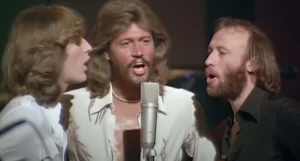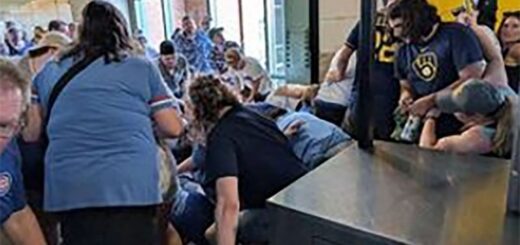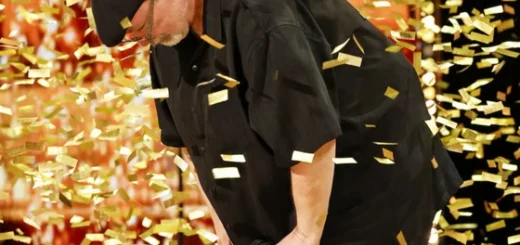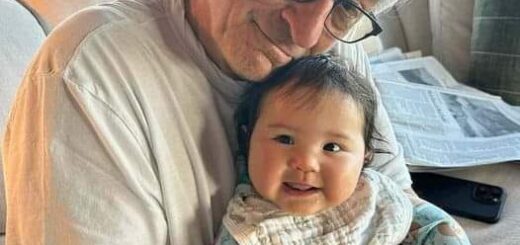Barry Gibb is the last living Bee Gees member and he still has a huge regret about his brothers
by admin ·
In the 1970s and 1980s, The Bee Gees were a global sensation. After their family relocated to Australia, Barry, the oldest brother, and Robin and Maurice, the fraternal twins, first started playing with music. The band became well-known within a decade.Read More
Their youngest sibling, Andy Gibb, went his own way and rose to prominence as a musician in his own right about the same period. Andy tragically passed suddenly at the age of 30, leaving his three brothers in great sorrow.
That sorrow is still very much a part of Barry’s life today. What transpired to Andy, then? Why did he not enlist in his brothers’ crew? Here is everything you need to know.
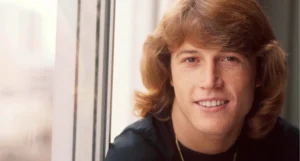
Great bands that were started by siblings abound. The Kinks, The Allman Brothers, Sister Sledge, Gladys Night & The Pips are just a few examples. The Jackson Five, which consists of Michael Jackson and his brothers, is another. However, the Bee Gees are the group that has most likely garnered attention, at least in terms of pioneering new musical genres.
Bee Gees – the Gibb brothers
Barry, Maurice, and Robin, three English brothers, achieved enormous success in the 1970s and 1980s, bringing their amazing dance and disco music to concert halls, discos, and arenas all over the world. However, despite the Gibbs family’s overall success in music, they have also had their fair share of loss.
Barry, the oldest Bee Gee brother, has had it especially hard because he had to watch the deaths of all three of his siblings. The man claimed a few years ago that music is the only way he can cope with everything.
Barry Gibb, the eldest of the Gibb brothers, was born on the Isle of Man on September 1, 1946. Twins Robin and Maurice were born three years later, and all three were destined to use their musical gifts.
Bee Gees – early life
Barbara, their mother, is a well-known singer. Hugh, their father, led a band, played the drums, and put on shows on the island where they were born. Barry and his younger twin brothers started playing around with music at a very young age for pleasure. The family then relocated to Manchester, England, in 1955. There, their parents first realised how talented their sons were.
The Brothers Gibb’s mother, Barbara, was one day surprised to find her father-in-law watching TV when she arrived home, according to The Ultimate Biography of The Bee Gees: Tales of The Gibb Brothers. She offered to turn down the radio in what appeared to be the adjacent room. It turned out that the sound was coming from her 6-year-old twins Maurice and Robin, her 9-year-old son Barry, and not from a radio at all.
Soon after that, Barry got his first guitar for Christmas since she realised they had something. Along with his brothers, he started singing and writing music. The three of them made their stage debut as The Rattlesnakes at the Manchester Gaumont Theatre in 1957, together with two friends.
Like many other UK cities at the time, Manchester was still experiencing post-World War II hardships. The Gibb family made the decision to emigrate as a result, and they relocated to Redcliffe, Australia, in 1958.
Why was the group named Bee Gees?
The two pals with whom the brothers had previously played with were no longer present. Barry, Maurice, and Robin changed the name of the group from The Rattlesnakes to The Bee Gees.
So why Bee Gees? Here’s the official explanation from the band’s website.
“Though it is widely believed that the Bee Gees first got their name from being the Brothers Gibb, this meaning did not come until a few years after their founding. When the brothers moved to Australia in 1958, they began playing on the radio with friends Bill Goode and Bill Gates.
The group’s name was originally The BG’s – contrived from the common initials between Barry Gibb, Bill Goode, and Bill Gates. The name then evolved from The BG’s to the Bee Gees, which eventually came to mean the Brothers Gibb!”
The Bee Gees continued to release music, and soon their songs could be heard on Bill Gates’ radio station. Following appearances on television programmes, their father Hugh made the decision to take on the role of the band’s full-time manager.
